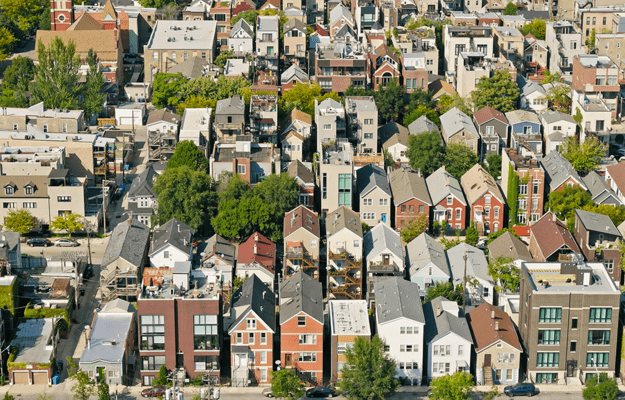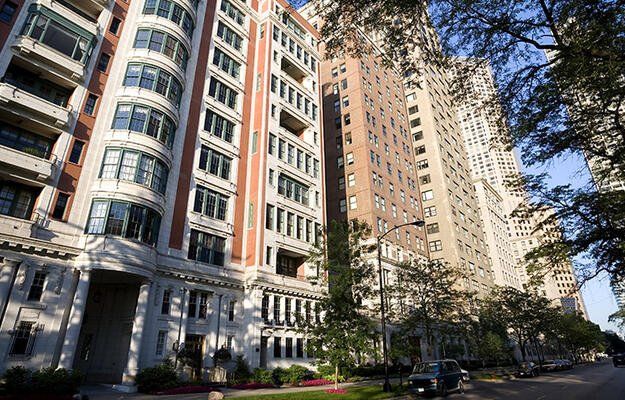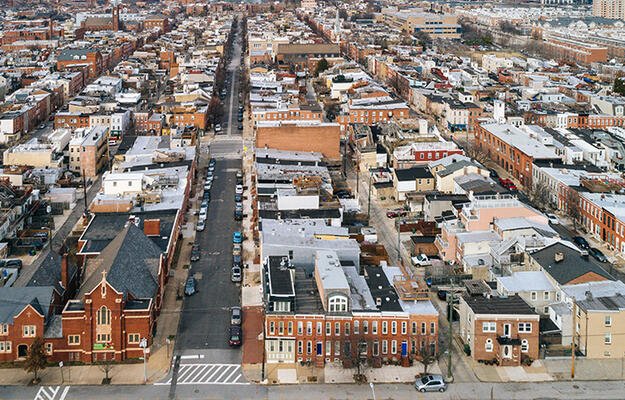
Is Airbnb Making Los Angeles’s Affordable Housing Crisis Worse?
- Title:
- Is Airbnb Making Los Angeles’s Affordable Housing Crisis Worse?
- Author:
-
Dayne Lee
- Source:
-
Harvard Law & Policy Review
- Publication Date:
-
2016
Los Angeles is among the least affordable rental housing markets in the United States. In 2014, rents rose 7.3 percent and the average renting household spent 47 percent of its income on housing. Research points to declining real wages, population growth, and zoning policies that benefit luxury and single-family housing as reasons for the city’s housing crisis. Dayne Lee’s recent analysis suggests that the rise of Airbnb also may be another significant reason affecting affordability. Critics of Airbnb say that the company hurts neighborhoods, distorts the housing market, and exacerbates Los Angeles’s housing crisis. Lee explains that Airbnb is not the couch-surfing, home-sharing image it portrays itself to be—in fact, 64 percent of its listings in Los Angeles are for short-term rental units (STRs) that are never occupied by owners and operate as unlicensed hotel rooms. Lee delves into the specifics of Airbnb operations in Los Angeles, explains the housing problems it intensifies, and offers policy suggestions that could alleviate the issues.
Key findings
- Airbnb distorts the housing market by increasing rents in neighborhoods with a high density of listings. In 2014, rents in these neighborhoods were 20 percent higher and increased 33 percent faster than rents citywide.
- Airbnb reduces supply by encouraging hotelization. Property owners are motivated to rent units on Airbnb because they can make more money with STRs than with long-term tenants, thereby reducing rental supply for Los Angeles residents. This puts tourists in direct competition with renters, further disrupting the housing market.
- Airbnb rentals are correlated with gentrification. When middle-income renters are displaced from neighborhoods that have a high density of Airbnb properties, they are pushed into cheaper neighborhoods nearby, which then begin to gentrify.
- Lee proposes limiting the number of days per year a host can list a unit without having to go through the hotel permitting process, assigning STR permits and restricting the number per neighborhood, or banning STRs altogether.


